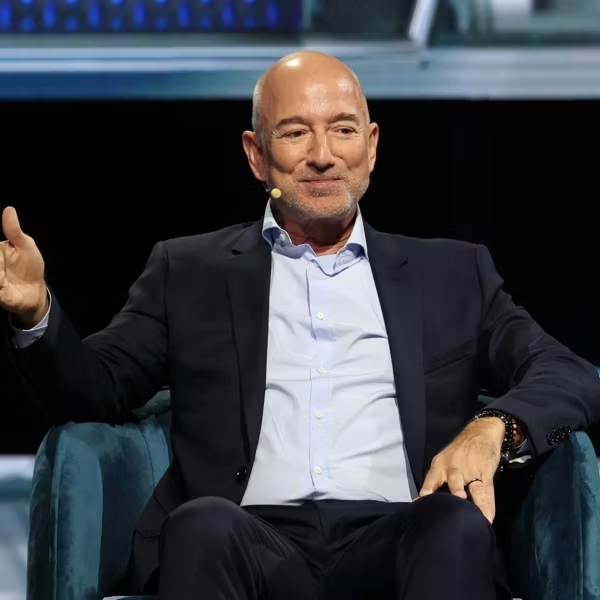Profits for U.S. companies are at a record high, yet companies have hoarded nearly one trillion overseas to dodge U.S. taxes, a new Moody's analysis shows.
The findings, based on an analysis that looked at U.S. non-financial, Moody's-rated companies, also reveal that these companies had stockpiled $1.64 trillion in cash at the end of 2013. That's about up about 12 percent from the year before.
Leading the pack of cash hoarders is Apple, which stockpiled $158.8 billion last year.
One of the companies exploiting tax loopholes to avoid paying U.S. taxes is Peoria, Illinois-based Caterpillar, which was scrutinized Tuesday at a Senate Permanent Subcommittee on Investigations hearing.
"Caterpillar is an American success story that produces iconic industrial machines. But it is also a member of the corporate profit-shifting club that has transferred billions of dollars offshore to avoid paying U.S. taxes," Subcommittee Chairman Carl Levin said in his opening statement.
Current polices incentivize such practices because companies don't have to pay taxes on profits from these overseas subsidiaries if the money isn't brought back to the United States.
"From 2000 to 2012," Levin stated, "Caterpillar shipped $8 billion in profits to its Swiss affiliate, reducing Caterpillar's U.S. tax bill by $2.4 billion."
That kind of loss of revenue has real impacts on Americans, Levin added, because it "increases the tax burden on working families, and it reduces our ability to make investments in education and training, research and development, trade promotion, intellectual property protection, infrastructure, national security and more - investments on which Caterpillar and other U.S. companies depend for their success."
This echoes findings from a report released last week showing that the decrease in corporate tax revenues has "demonstrably harmed state and federal budgets and the provision of services those funds pay for."
"Millions of Americans have yet to see any economic recovery," stated George Goehl, Executive Director of National People's Action, which co-authored the report. "They're struggling to find jobs, make ends meet, and provide for their families. This report shows that the revenue needed for recovery didn't just vanish, it was siphoned off by corporations who refuse to pay their fair share."
The report shows that the downward spiral in funding of public services like schools and roads could be helped by an increase in corporate tax revenue. Some lawmakers, however, have pushed austerity on Main Street as the only option, as Sarah Anderson, Global Economy Project Director at the Institute for Policy Studies, told Common Dreams.
"It's astounding that Rep. Paul Ryan and other pro-austerity ideologues are claiming that we have no choice but to slash spending on vital programs like food stamps and Medicaid while big corporations are draining the Treasury through massive tax dodging," Anderson said.
Sen. John McCain, the ranking minority member of the subcommittee, blamed "the highest corporate tax rate of any country in the world" -- 35 percent-- as motivation for corporations like Caterpillar to park profits overseas.
Yet, as Anderson and others have pointed out,
very few companies pay anything like those rates. Total corporate federal taxes paid fell to 12.1% of U.S. profits in 2011, according to the Congressional Budget Office. The average profitable company in the Fortune 500 paid just 18.5% of its profits in federal income taxes between 2008 and 2010, according to Citizens for Tax Justice, a nonpartisan tax research organization. Dozens of large and profitable companies paid nothing in recent years.
"It is long past time to stop offshore profit shifting and start ensuring that profitable U.S. multinationals meet their U.S. tax obligations," Levin stated.
____________________



